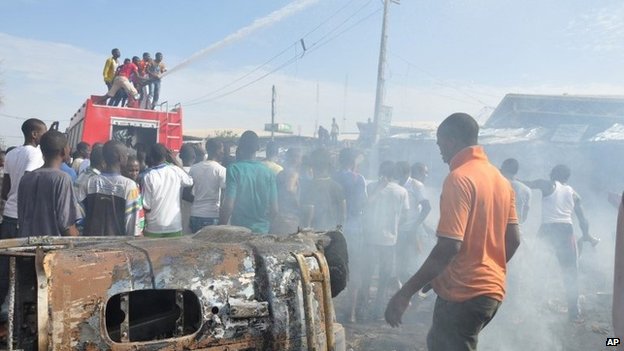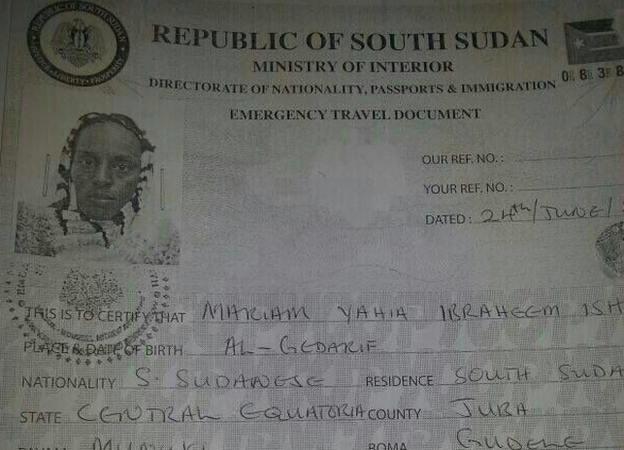By Kathryn Maureen Ryan
Impunity Watch Managing Editor
MALABO, Equatorial Guinea – In a move Amnesty International called “a backward step in the fight against impunity and a betrayal of victims of serious violations of human rights.” African leaders voted to grant themselves and their allies’ immunity from prosecution for war crimes, crimes against humanity and genocide at the new .

The vote came Friday at an African Union summit in Equatorial Guinea. Journalists were excluded from the summit, Amnesty International said. News of the vote was communicated in a statement Monday night about the outcomes of the Summit. A paragraph of the statement listed the legal instruments agreed to at the meeting included the “Protocol on Amendments to the Protocol on the Statute of the African Court of Justice and Human Rights.” The amendment bars the court from prosecuting sitting African leaders as well as “senior officials.”
The court was formally created by the African Union six years ago. However, it is not yet operational nor is it clear when it will be. Last week leaders at the African Union summit also voted to expan the courts scope by moving to expand the court from its intial mandate as a civil tribuman to a criminal court with the authority to hear cases dealing with the most serious crimes including crimes agasint humanity, genocide and piracy.
Forty-two African and international civil society and rights groups had objected to the amendment, arguing in an open letter before the summit that giving impunity to these leaders violates both international and domestic laws as well as the constitution of the African Union.
Netsanet Belay, Amnesty International’s Africa Director for Research and Advocacy, addressed the amendment saying that, “At a time when the African continent is struggling to ensure there is accountability for serious human rights violations and abuses, it is impossible to justify this decision which undermines the integrity of the African Court of Justice and Human Rights, even before it becomes operational.”
Some critics argue the newly expanded African Court of Justice and Human Rights is an attempt to limit the scope of the International Criminal Court in Africa. However, According to Amnesty International the African Union’s decision to grant immunity to African leaders at the African Court of Justice and Human Rights will not affect the International Criminal Court’s right to investigate sitting heads of state and government. The I.C.C. has indicted two sitting presidents; Omar Hassan al-Bashir of The Sudan and Uhuru Kenyatta of Kenya. Bashir and others have attempted to argue that the court is a neocolonial weapon designed to punish Africans. However, the court’s chief prosecutor, Fatou Bensouda, who is from the Gambia, has said the claim that the court has an anti-African bias is “one of the biggest misperceptions about the court.”
For more information please see:
Al Jazeera America – African Leaders Vote To Give Themselves Immunity from War Crimes – 1 June 2014
Standard Digital – African Union Gives Presidents Immunity from War Crimes – 1 June 2014
The New York Times – African Leaders Grant Themselves Immunity in Proposed Court – 1 June 2014
Al Jazeera America – Does The ICC Have An Africa Problem? – 7 February 2014



